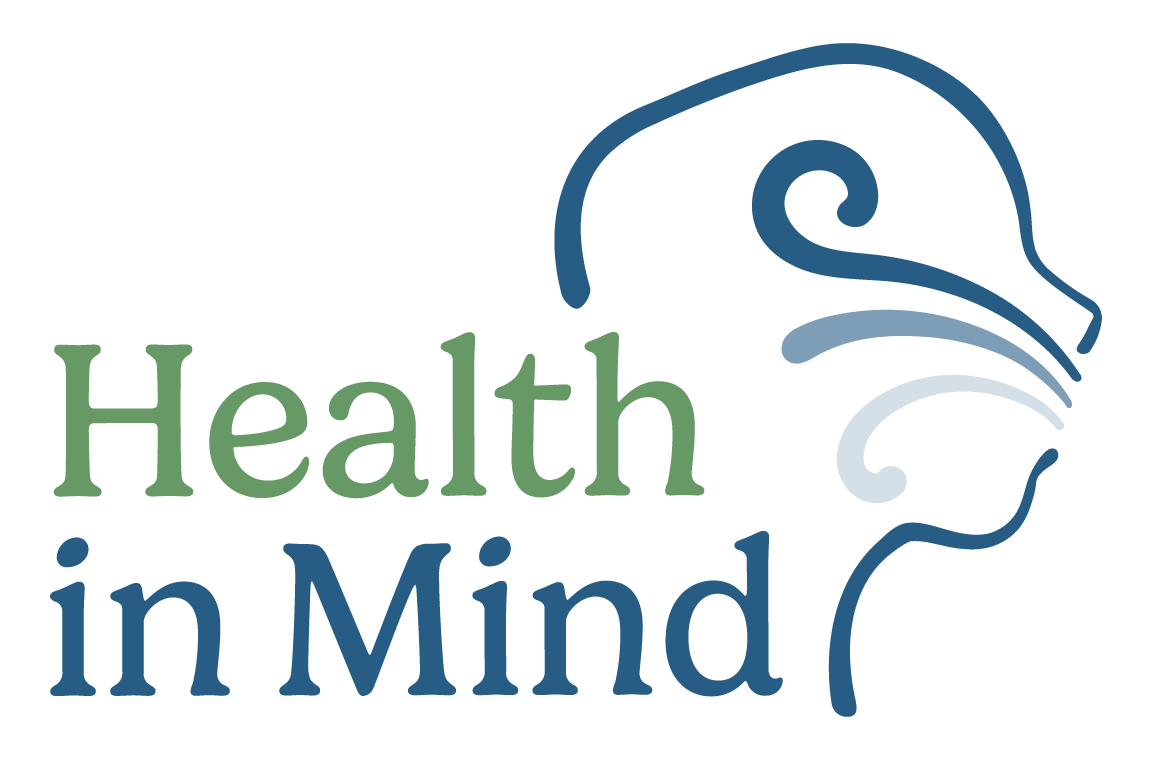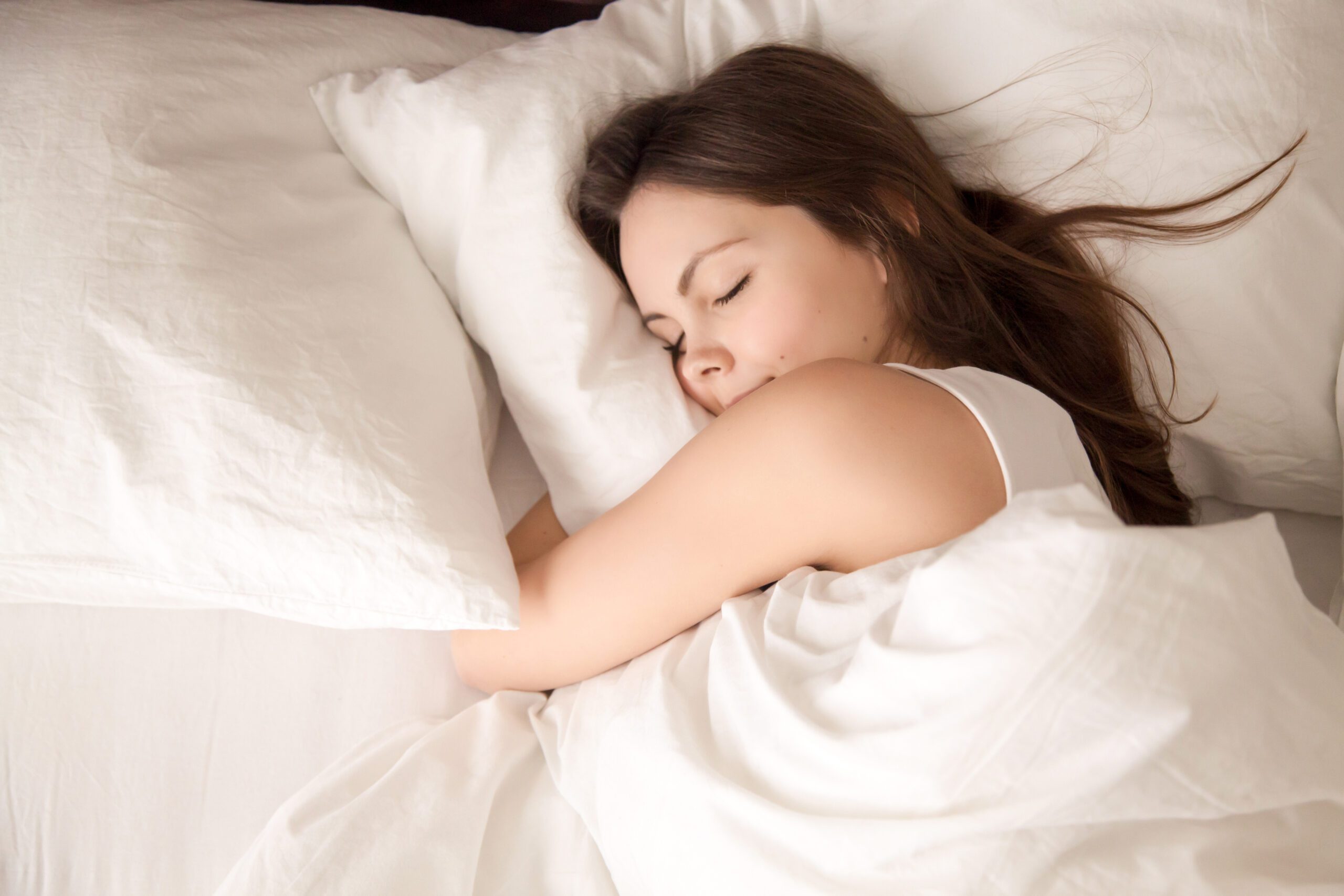Getting a good night’s sleep
What is Sleep Hygiene?
‘Sleep hygiene’ is the term used to describe good sleep habits. Considerable research has gone into developing a set of guidelines and tips which are designed to enhance good sleeping, and there is much evidence to suggest that these strategies can provide long-term solutions to sleep difficulties.
There are many medications which are used to treat insomnia, but these tend to be only effective in the short-term. Ongoing use of sleeping pills may lead to dependence and interfere with developing good sleep habits independent of medication, thereby prolonging sleep difficulties. Talk to your health professional about what is right for you, but we recommend good sleep hygiene as an important part of treating insomnia.
Sleep Hygiene Tips
1) Get regular. One of the best ways to train your body to sleep well is to go to bed and get up at more or less the same time every day, even on weekends and days off! This regular rhythm will make you feel better and will give your body something to work from.
2) Sleep when sleepy. Only try to sleep when you actually feel tired or sleepy, rather than spending too much time awake in bed.
3) Get up and try again. If you haven’t been able to get to sleep after about 20 minutes or more, get up and do something calming or boring until you feel sleepy, then return to bed and try again. Sit quietly on the couch with the lights off (bright light will tell your brain that it is time to wake up), or read something boring like the phone book. Avoid doing anything that is too stimulating or interesting, as this will wake you up even more.
4) Avoid caffeine and nicotine. It is best to avoid consuming any caffeine (in coffee, tea, cola drinks, chocolate, and some medications) or nicotine (cigarettes) for at least 4-6 hours before going to bed. These substances act as stimulants and interfere with the ability to fall asleep
5) Avoid alcohol. It is also best to avoid alcohol for at least 4-6 hours before going to bed. Many people believe that alcohol is relaxing and helps them to get to sleep at first, but it actually interrupts the quality of sleep.
6) Bed is for sleeping. Try not to use your bed for anything other than sleeping and sex, so that your body comes to associate bed with sleep. If you use bed as a place to watch TV, eat, read, work on your laptop, pay bills, and other things, your body will not learn this connection.
Content attributed to the Centre for Clinical Interventions. For more information, view the source document here.

